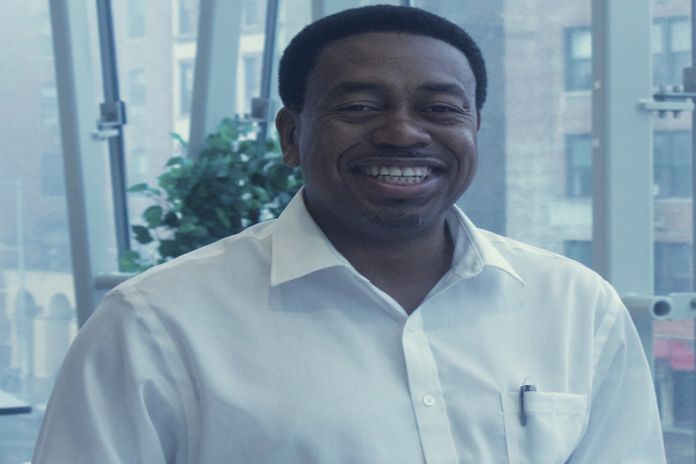ExxonMobil recently announced its 18th offshore discovery in Guyana at the Redtail-1 well. This discovery adds to the previously estimated recoverable resource of more than 8 billion oil-equivalent barrels on the Stabroek Block. Guyana’s energy bonanza offers Guyanese a once in a generation opportunity to transform the country’s future. Mindful that this energy boon emerges after several decades of failed exploration, this is an opportunity that Guyanese cannot afford to squander.
Channeling Guyana’s oil revenues wisely and efficiently toward education will be necessary to achieve the desired transformation. Higher national educational attainment levels create better occupational prospects and higher income, and the more educated the population, the more productive the nation.
During an event to mark ExxonMobil’s donation of equipment to The University of Guyana’s Faculty of Natural Science, Rod Henson, former country manager, ExxonMobil Guyana, noted that “education is a fundamental building block of individual opportunity.” STEAM (Science, Technology, Engineering, Arts and Mathematics) skills, he said, are critical to ensure that Guyanese can take advantage of prospects both in Guyana and the broader world. Henson also noted that ExxonMobil is committed to advancing mathematics and science education at the University of Guyana.
The mathematical sciences—mathematics, statistics, operations research, and computer science—are an integral part of our everyday life. Modern communications, transportation, science, engineering, technology, medicine, manufacturing, security, finance, and the exploitation of our energy resources all crucially depend on mathematics and the sciences. Indeed, mathematics is critical for estimating the volumes of oil and gas in the Stabroek Block and optimizing the oil and gas process to the surface.
For Guyanese to participate in and effectively and democratically manage this new resource, Guyanese must be familiar with mathematical sciences. Guyana’s challenge is to design and implement a program of bold new educational initiatives to broaden participation in the mathematical sciences across the nation.
There is an urgent need to train Guyanese for roles such as production engineers, drilling engineers, reservoir engineers, completion engineers, and environmental engineers to support the oil and gas industry. The recent return of Guyanese, who had been sent overseas for training for technical roles in the oil and gas industry, points to the need to increase nationals’ skills. The oil and gas industry represents job opportunities at home for Guyanese, who have traditionally emigrated. A prerequisite for this training is a foundation in the mathematical sciences. This opportunity is Guyana’s chance to build a prosperous, technically competent, and stable society.
How do we get there? We need a consensus that STEM education is a national priority. We need to emulate successful national examples such as Sweden and Singapore, which provide effective instruction in the mathematical sciences to learners with varying preparation levels. We must also exploit opportunities for connecting mathematics achievement and excellence to Guyana’s cultural resources.
I was born in Georgetown, Guyana. In 1979, at age ten, I earned admission to Queen’s College based upon my Common Entrance Examination performance. After completing my Ordinary and Advanced level exams, I moved to the United States to attend college. I majored in mathematics. Even though I was the beneficiary of an excellent secondary education, I found myself not as prepared as some of my counterparts from other parts of the world in my mathematics and science classes. Mathematics preparation is the foundation of STEM learning, and Guyana deserves world-class mathematics preparation for all her children. We must rethink the Common Entrance, O-level, A-level, University model.
With the government looking at billions of dollars in new revenue, it’s essential to put education front and center. Investments in schools in rural areas are necessary to ensure a robust elementary, primary, and secondary mathematics education for all our children. Educational quality in rural areas must equal that of Georgetown. We must create opportunities for talented and high achieving students across the country.
One example of resource use likely pay huge societal dividends in the future would be the building of an infrastructure, beyond Common Entrance Exams, to identify exceptionally gifted math students; to place these highly-gifted students into special accelerated schools or courses, and to develop a system of educational tracking of these highly talented math students to ensure their entry into top-flight universities with strong and creative mathematics and science departments. Our human resources are indeed our most valuable resources.
The pipeline from which Guyana’s geoscientists and petroleum engineers will emerge begins with the mathematical sciences. If Guyana is to succeed, we must start to construct this foundation now.





